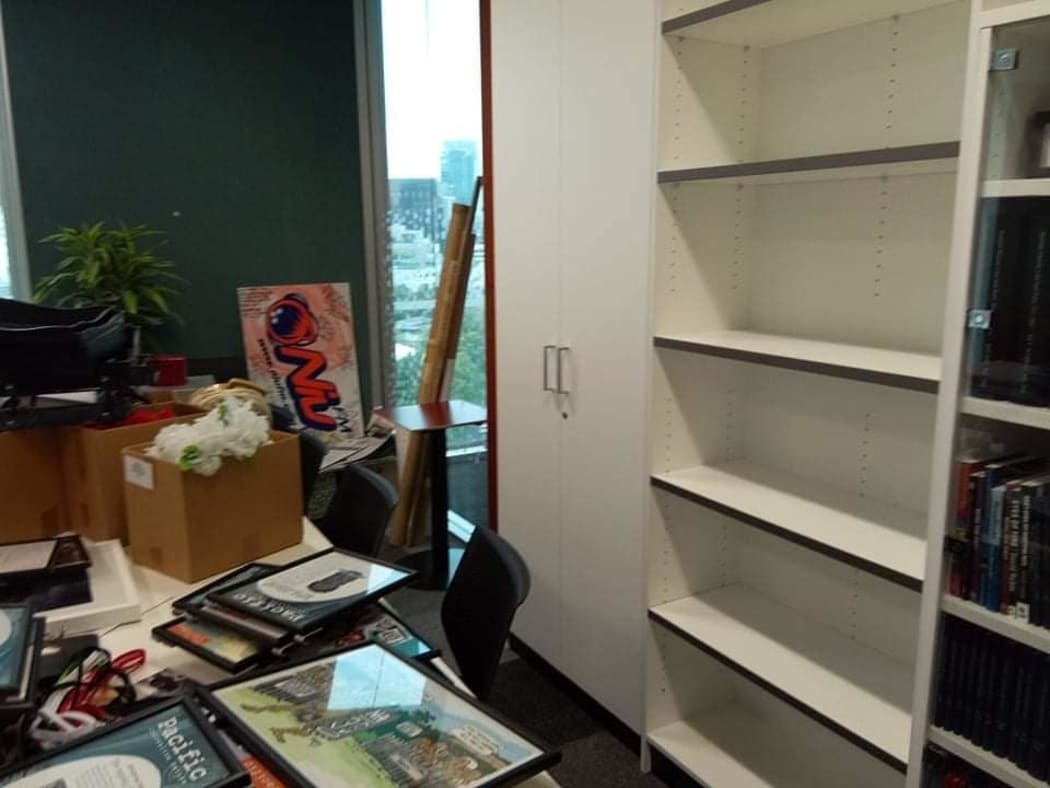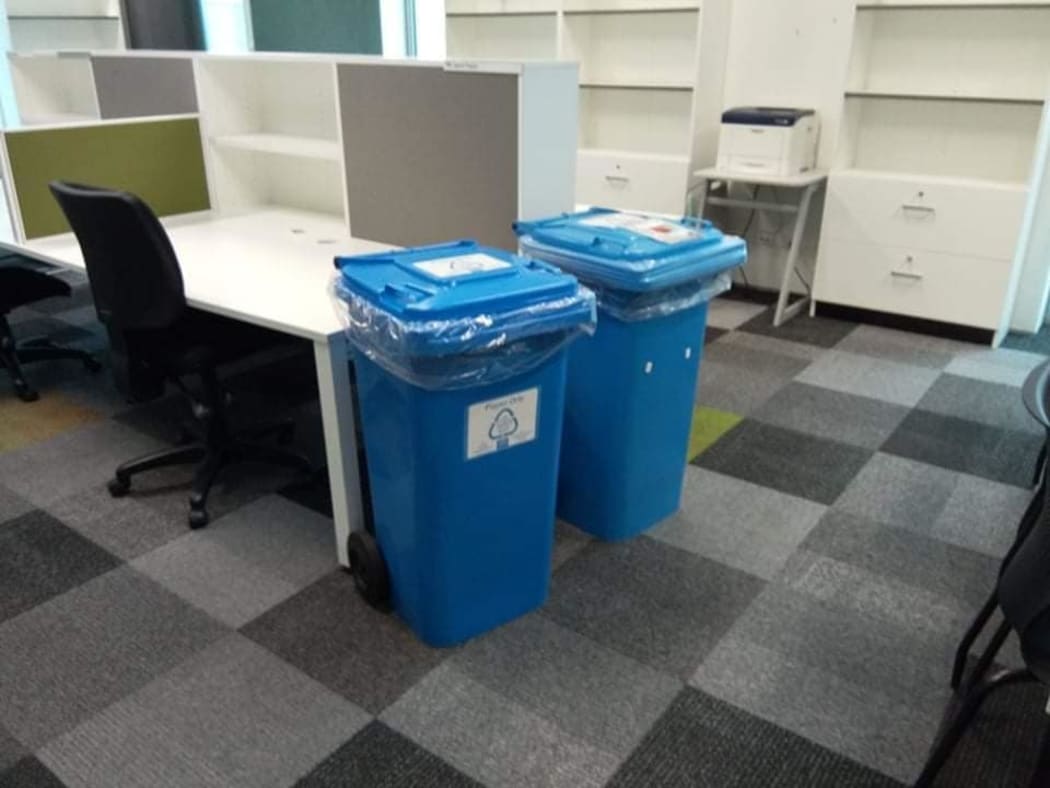RNZ Pacific
Auckland University of Technology has denied claims that the Pacific Media Centre is being dumped or sidelined.
The centre’s recently retired director Professor David Robie has raised concern about the way AUT is handling the PMC’s leadership succession, as well as the removal of its physical office without a clear relocation.
Since its inception in 2007, the Pacific Media Centre has built an extensive body of work in regional journalism and media research.
- READ MORE: Setting the standard in student journalism: AUT University Pacific journalism students take on Fiji general election
- Media and academia: The intriguing case of the Pacific Media Center
- Pacific Media Centre gutted in blow to journalism on the Pacific Islands
- Future of AUT’s Pacific Media Centre under spotlight following director’s departure
- ‘Voice of the Voiceless’: The Pacific Media Centre as a case study of academic and research advocacy and activism
- Conflict, Custom & Conscience: Photojournalism and the Pacific Media Centre 2007-2017
- Other Pacific Media Centre reports
But little over a month after Dr Robie retired as its director in December, he was sent photos of the PMC’s office stripped of its theses, books, monographs, research journals, media outputs and other history.
“I was hugely disappointed when I heard about the removal of the office and we were sent photographs by the team back there at AUT,” Dr Robie said.
“Hugely disappointing because basically it’s trashing 13 years of building up the centre. And this was done without any consultation with any of the stakeholders or the PMC people themselves.”
Dr Robie, who said no clear relocation plan had been presented to the PMC, also criticised AUT for not taking up his succession plan.
The PMC Project – a Pacific Media Centre profile. Video: Alistar Kata/PMC
Expressions of interest
But the Head of AUT’s School of Communication Studies, Dr Rosser Johnson, said the faculty had opted for a call for expressions of interest in the leadership role, rather than directly appointing someone.
He said they were looking to make the Pacific Media Centre more visible and more integrated with the life of the faculty.
“We’re moving a few people around. One of the groups of people who are moving around is the PMC,” Dr Johnson explained.
“But it’s moving to space that’s got double the office space and at least double the space for people to work in.”
However, people within the School of Communication who spoke to RNZ Pacific were uncertain about where the PMC office would be, and whether it may simply be a small part of a larger, open space shared with other divisions.

A lack of communication and consultation over the move has drawn condemnation from many regional journalists and researchers.
With almost three months [more than two years] having elapsed since Dr Robie retired, there has been growing suspicion that AUT management will look to change the Pacific focus of the centre.
Bullying rife at AUT
Ena Manuireva, a Tahitian doctoral candidate, said that given the recent Davenport review of the university’s culture which found bullying was rife, the handling of the PMC is shameful.
“It’s good for AUT to have some critical thinking in that department in their university. I’m trying to see what is the gain that they’re trying to have, what will be the outcome,” Manuireva said.
“The outcome would be that AUT would be looked at as a university that’s not open to everyone, especially to the Pacific.”
Furthermore, the Australia Asia Pacific Media Initiative has called for action to save PMC, warning that its closure would come “at a time when Pacific journalism is under existential threat and Pacific journalism programmes suffer from underfunding”.
But Johnson denied that the School of Commuications was looking to change the Centre’s Focus. His characterisation of the matter suggests that the PMC will grow its presence.
“There’s only so much one or two or three people can do. So having more people involved opens up more opportunities for people to link into their communities.
“There’s absolutely no intention at all to limit the Pacific Media Centre.”

Dr Robie said he would wait and see what transpires, but in his view there was a gap between what was said by AUT and “the reality”.
“The thing is that as a centre, [PMC] had this unique combination of media output as well as the research,” Dr Robie explained.
“I guess what I fear is that there will be a stepping back from the actual media outputs and especially that very broad coverage that we had.”
Dr Johnson said a call for expressions of interest in the Pacific Media Centre leadership role would go out this week.
Café Pacific notes: In spite of the defiant claims by AUT’s School of Communication Studies made in this report, nothing had been done two years after the claims and it is widely accepted that the the Pacific Media Centre – featured as a Creative Commons case study in 2010 – has ceased to exist although its website at the time of closing used to be accessible until recently at http://pmc.aut.ac.nz. Professor David Robie’s own account of the death of a centre was published in Media Asia research journal in September 2022. This article is republished under a community partnership agreement with RNZ.

